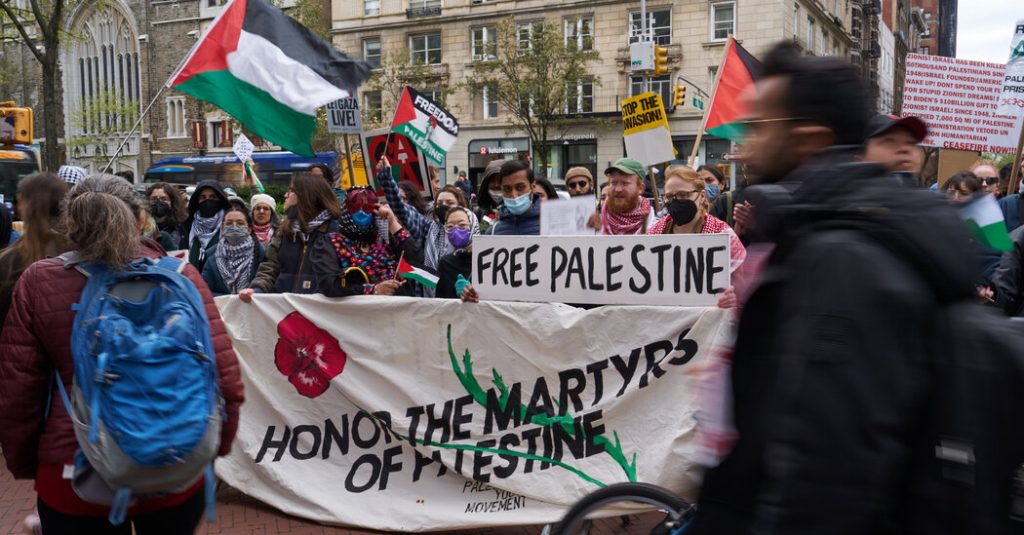The atmosphere at Columbia University remained tense following pro-Palestinian protests that attracted attention from police and concern from some Jewish students. Hate speech and acts of antisemitism targeting Jewish students led to fear for their safety on campus and in the surrounding area. The White House and Mayor of New York City condemned the violence and intimidation directed towards Jewish students on social media. Despite this, Jewish students supporting the pro-Palestinian demonstrations expressed solidarity and denounced the antisemitic actions.
Reports of antisemitic harassment surfaced after protesters targeted Jewish students with vitriolic language and attempted to burn an Israeli flag. The Chabad at Columbia University chapter hired additional armed guards to ensure the safety of Jewish students walking home from campus. Some Jewish students, like Eliana Goldin, felt unsafe on campus due to the disruptions caused by the protests, prompting Columbia University to address the concerns raised by Jewish students and provide additional support and resources to maintain a safe environment.
The unrest at Columbia University stemmed from the university president’s testimony on antisemitism, which sparked a series of events leading to the arrest of students protesting on campus. The testimony aimed to combat antisemitism but also fueled protests by students who felt their academic freedom was being threatened. The student-led encampment and subsequent police involvement created tension on campus, with some students expressing concern for the safety of Jewish students amidst the escalating situation.
The differing perspectives among Jewish students at Columbia University highlighted the complexity of the situation, with some supporting the protests for Palestinian solidarity while denouncing antisemitism. The calls for safety and support from Jewish organizations like Hillel emphasized the importance of maintaining a peaceful and inclusive environment on campus. Concerns over safety led one rabbi to suggest that Jewish students should leave campus until tensions subside, prompting a response from Hillel urging calm and increased safety measures from the university and city.
Despite the challenges and discord on campus, there were instances of solidarity and support among students of different backgrounds, showing a commitment to dialogue and understanding amidst the turmoil. The ongoing protests and discussions underscored the need for open communication and cooperation to address the underlying issues and work towards a more harmonious campus environment. As the situation continued to evolve, efforts to promote inclusivity and safety for all students remained a top priority for Columbia University and its students.


